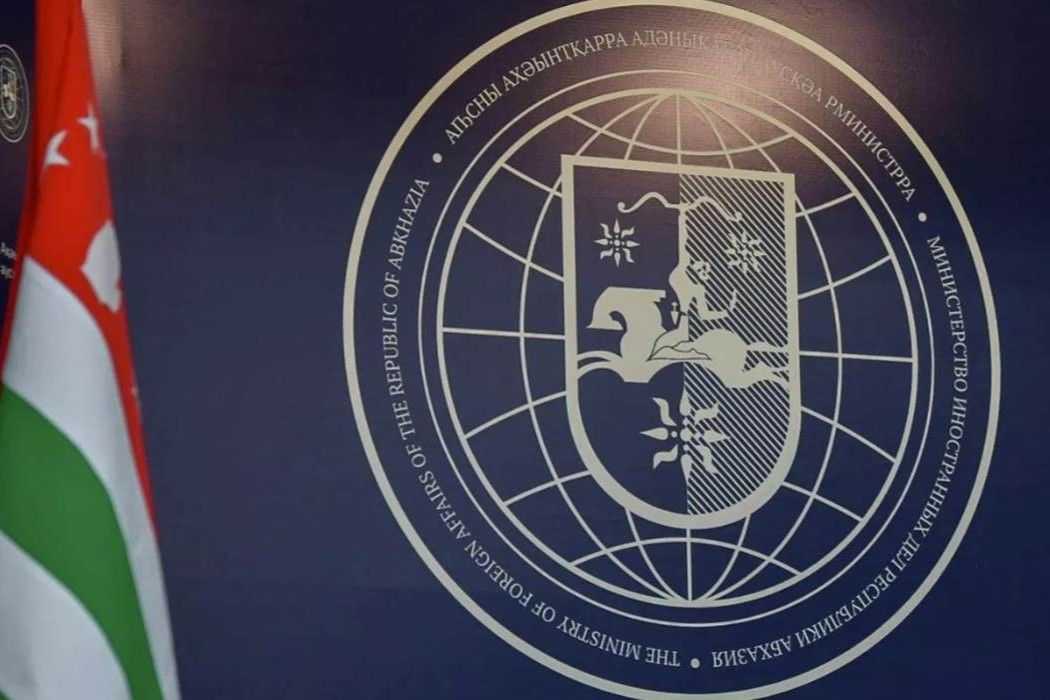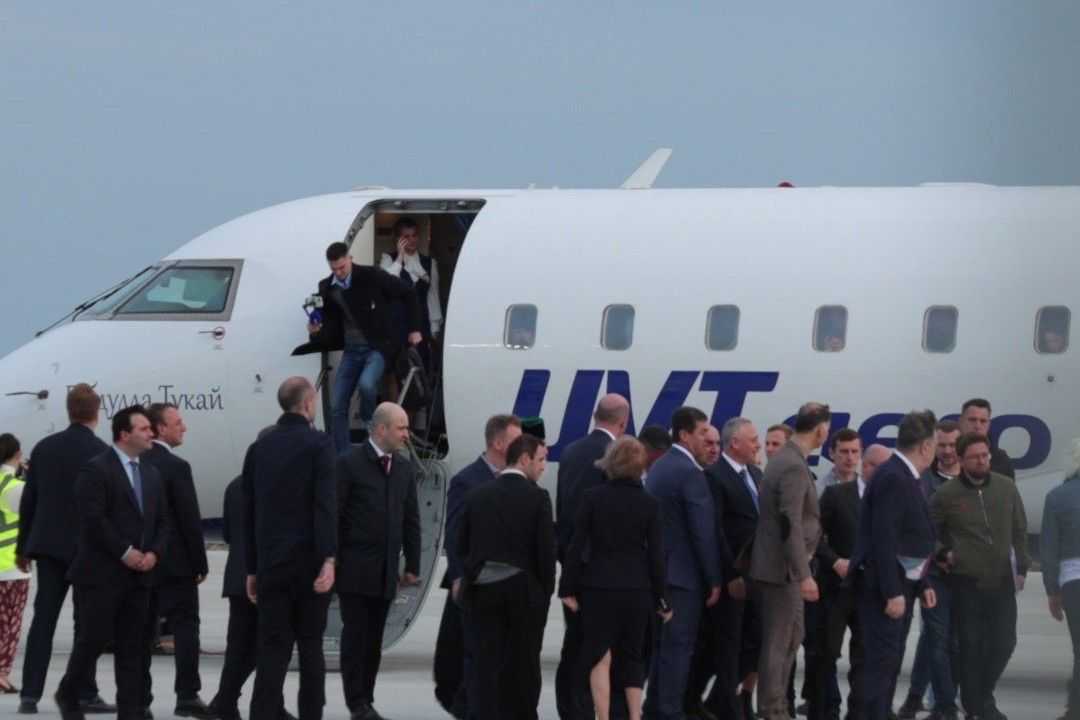
A number of senior Abkhazian officials attended a meeting with Georgian representatives of the Ingur (Enguri) hydropower plant on 22 December, prompting public condemnation in Abkhazia.
Kristina Ozgan, Abkhazia’s Deputy Prime Minister and Economy Minister, led the Abkhazian delegation.
As news spread of the delegation’s visit, several of Abkhazia’s opposition figures criticised the meeting’s secretive nature.
The Ingur dam and hydroelectric power station is the main source of electricity for Abkhazia, with additional electricity provided by Russia at a higher cost.
On Tuesday, Ozgan confirmed her visit and stated that she had held ‘regular meetings’ prior to the one on 22 December.
‘During the meeting, we clarified our positions regarding our intentions to restore the differential hydroelectric power stations’, Ozgan told Sputnik Abkhazia. ‘The Abkhaz side indicated that we have plans to begin the reconstruction of differential hydroelectric power stations.’
In November, Temur Gulia, an opposition figure and the head of the veterans organisation Aruaa, said that Abkhazia’s opposition supported a proposal put forth by the Georgian management of the Ingur HPP and its chair, Levan Mebonia.
He cited Mebonia as saying that Georgia would repair several stations in the HPP at its expense, and then split its electricity production in half between Abkhazia and Georgia, regardless of how much either side contributed to the repairs.
After news broke of Ozgan’s visit to Georgia, Aruaa called on Ozgan to publicly apologise or ‘resign immediately’ for conducting visits to Georgia in secret.
‘All [previous] negotiations that representatives of our country held with the Georgian side took place at the Ingur hydroelectric station located on the territory of the Republic of Abkhazia on energy issues or as part of the Geneva discussions […] and were announced in advance, were known to our public’, read their statement.
‘[Ozgan] went to the territory of Georgia incognito, hiding her visit from the people of the Republic of Abkhazia’, the statement continued. ‘No one knows what Mrs Ozgan discussed and with whom she met. If these are energy issues, then we don’t know what was discussed, what did the Abkhaz side offer in exchange for electricity — political concessions or something else?’
‘But nothing stops those who hold power and abuse their powers. How dare you, current politicians, hide from the people to visit an enemy country and negotiate on our behalf?’, the statement concluded.
‘An opportunity to restore relations and trust’
On Monday, BMG, a Georgian news outlet, reported that Ozgan had met with Romeo Mikautadze, Georgia’s deputy prime minister of economy and sustainable development, in Zugdidi in western Georgia.
While the Georgian government has not confirmed whether the meeting had taken place, Mebonia, who was also present at the meeting, told media that those in attendance had only discussed the HPP’s operation.
Mebonia did not respond to OC Media’s request for comment on who was present at the meeting in Zugdidi.
On Tuesday, Georgia’s Foreign Minister Ilia Darchiashvili stated that he was not aware of the details of the meeting, adding that the HPP ‘has always been an opportunity to restore relations and trust between the two communities divided by the occupation line’.
On the same day, Parliamentary Speaker Shalva Papuashvili also refused to comment on the meeting, but similarly stated that the HPP had ‘for years’ been a space where we could talk about technical issues in order for our fellow citizens in occupied territories to have appropriate social conditions’.
For ease of reading, we choose not to use qualifiers such as ‘de facto’, ‘unrecognised’, or ‘partially recognised’ when discussing institutions or political positions within Abkhazia, Nagorno-Karabakh, and South Ossetia. This does not imply a position on their status.







